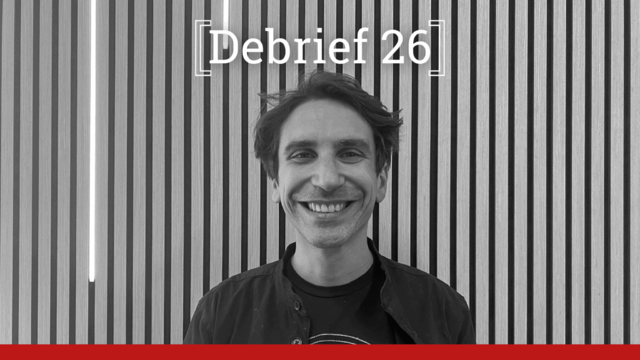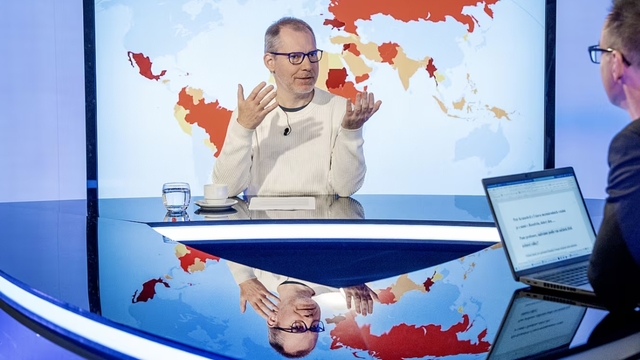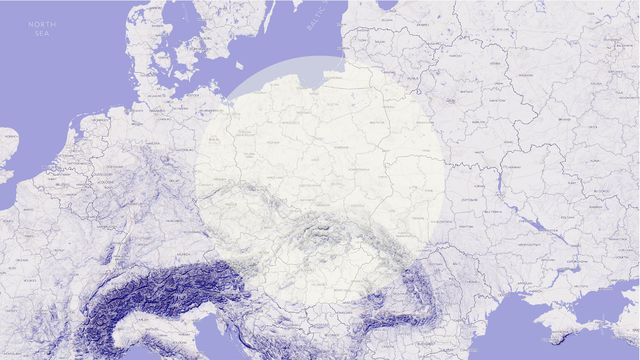Politics of the Debtfare State: Repoliticizing the Czech Debt Enforcement Order and Its Limits

What causes the overindebtedness of East-Central Europe's households? How do the far-right and "populist" parties use the issue for their political interests?
In his new research article in Critical Sociology, our researcher Daniel Šitera explains through the concept of "deptfare state" the paradox of Czechia being one of the most equal and least indebted states. At the same time, almost 10 % of its (mostly low-income) population is entrapped in 4,5 million debt enforcement proceedings.
Because East-Central European states such as Czechia selectively favour middle-classes in their welfare strategies and big capital in their industrial strategies, the low-income populations are left to survive on growing debts and precarious work. The concept of “debtfare state” provides explanation. Debtfare states – due to selective and eroding welfare states – regulate exploitative debt relations between the low-income populations and the poverty industries.
The Czech debtfare state is specific for its leading poverty industry: debt enforcement industry. This industry emerged from capitalizing on the subprime and predatory nonbank lending but also public financial sanctions against the poor populations since the early 2000s. The resulting overindebtedness and debt exploitation was politically mainstreamed and fully challenged by the Czech far-right and “populist” parties as an opportunity to defend the debtor justice since the mid-2010s. However, such a rhetoric was contradictorily borrowed from the NGOs and media, while it pushed the mainstream parties to take debt enforcement seriously as a social and legitimacy problem.
All in all, the state regulation of debtfare (not only welfare) for middle-class and low-income debtors is an important factor in the current East-Central European political discontents.










